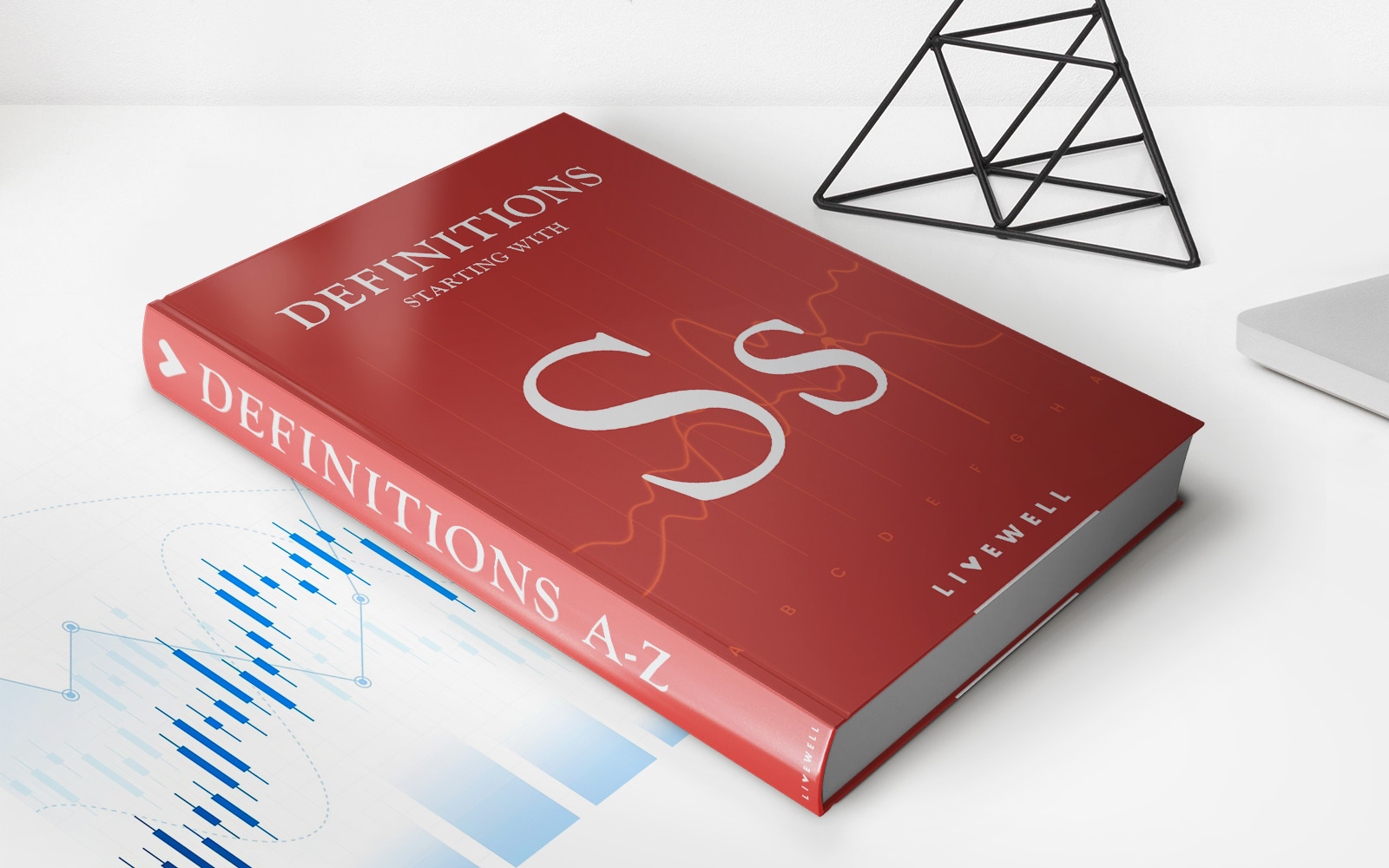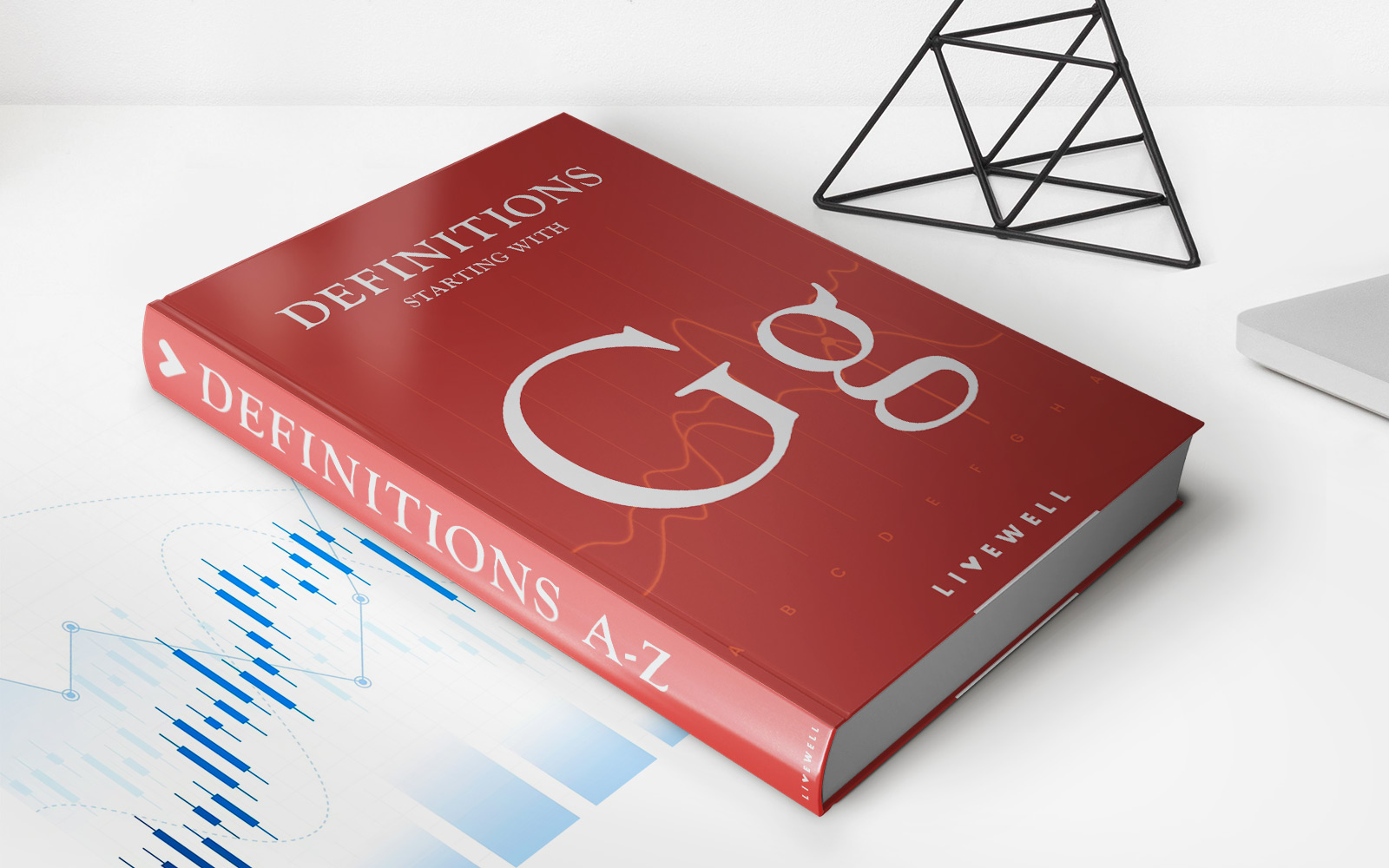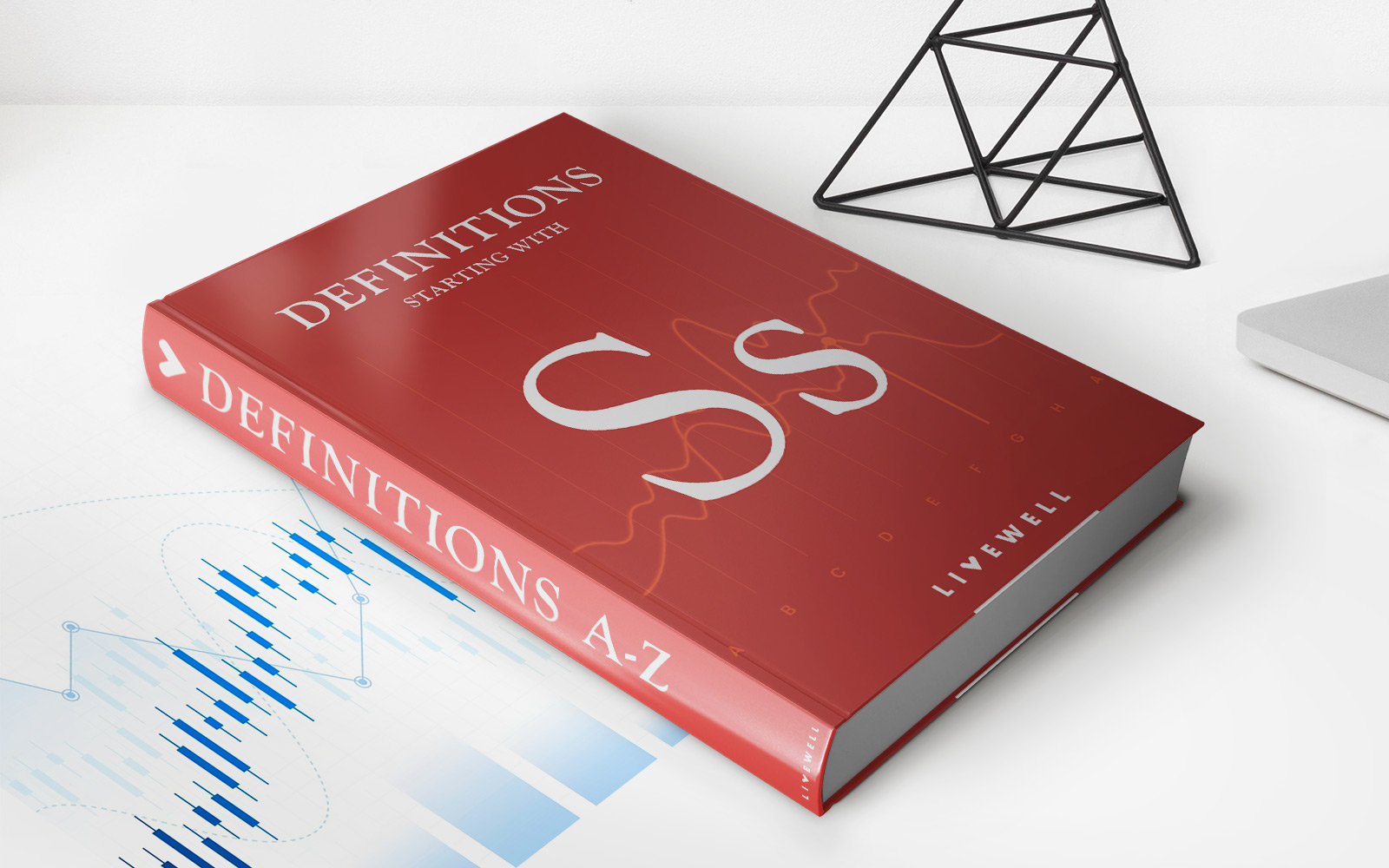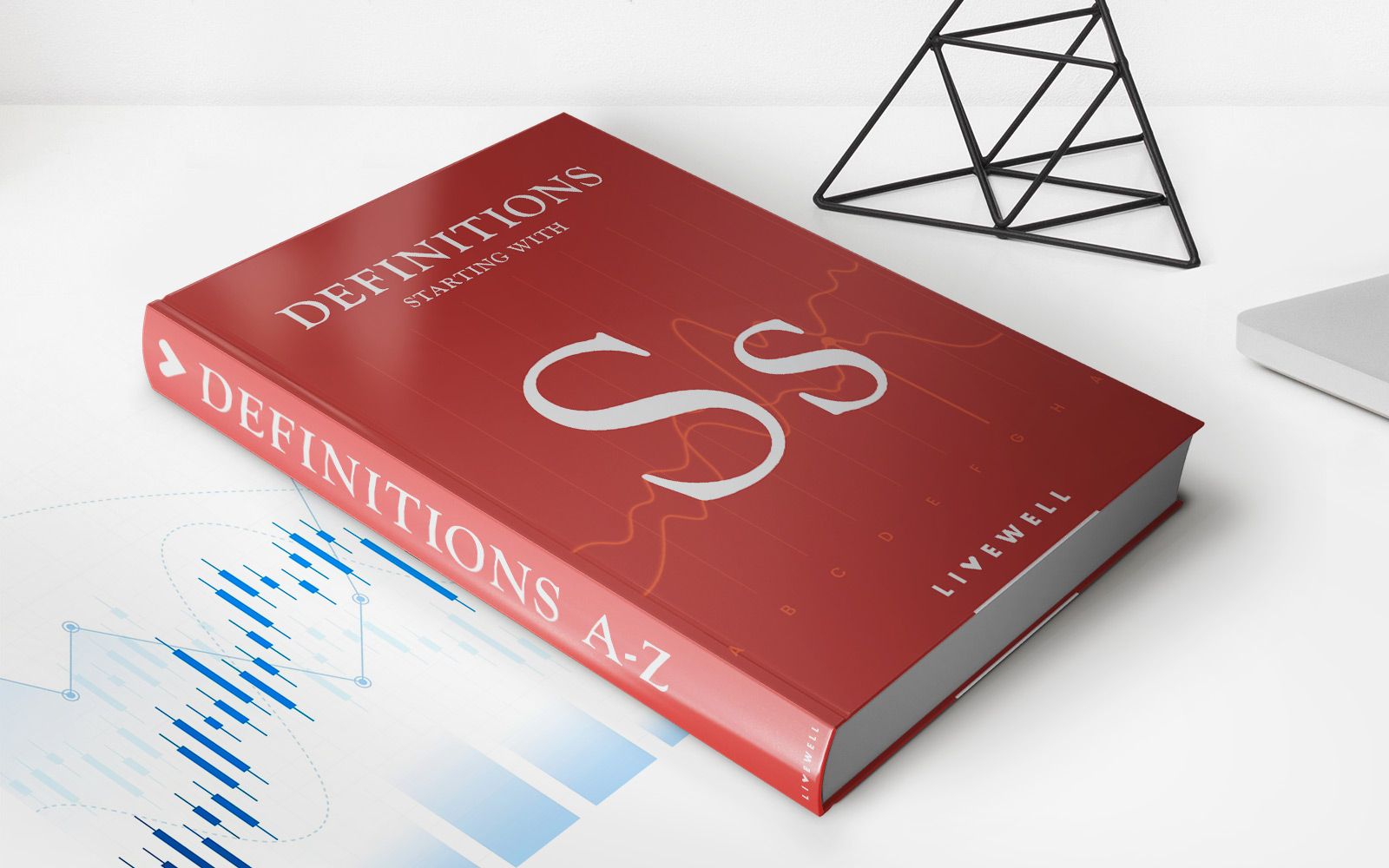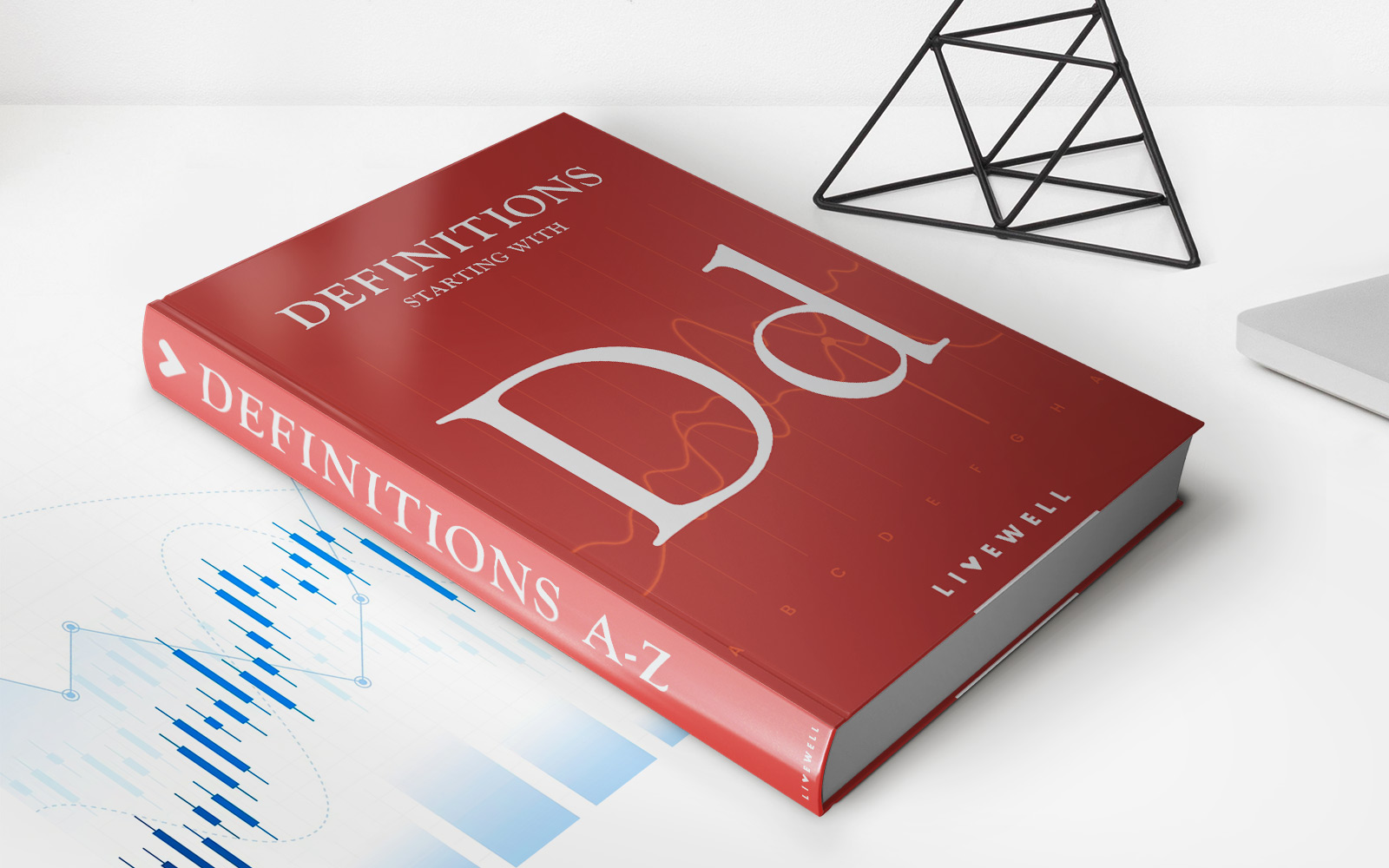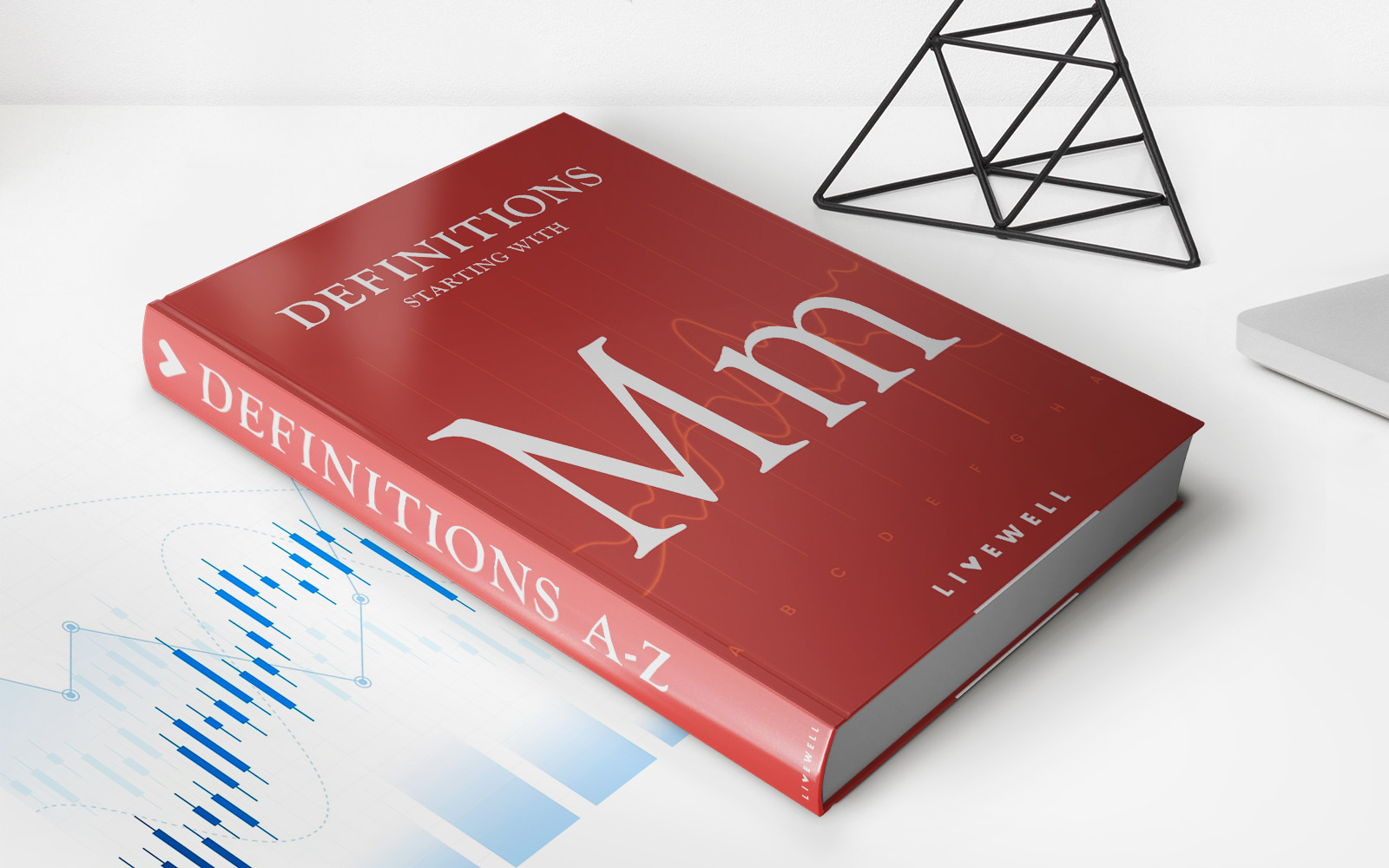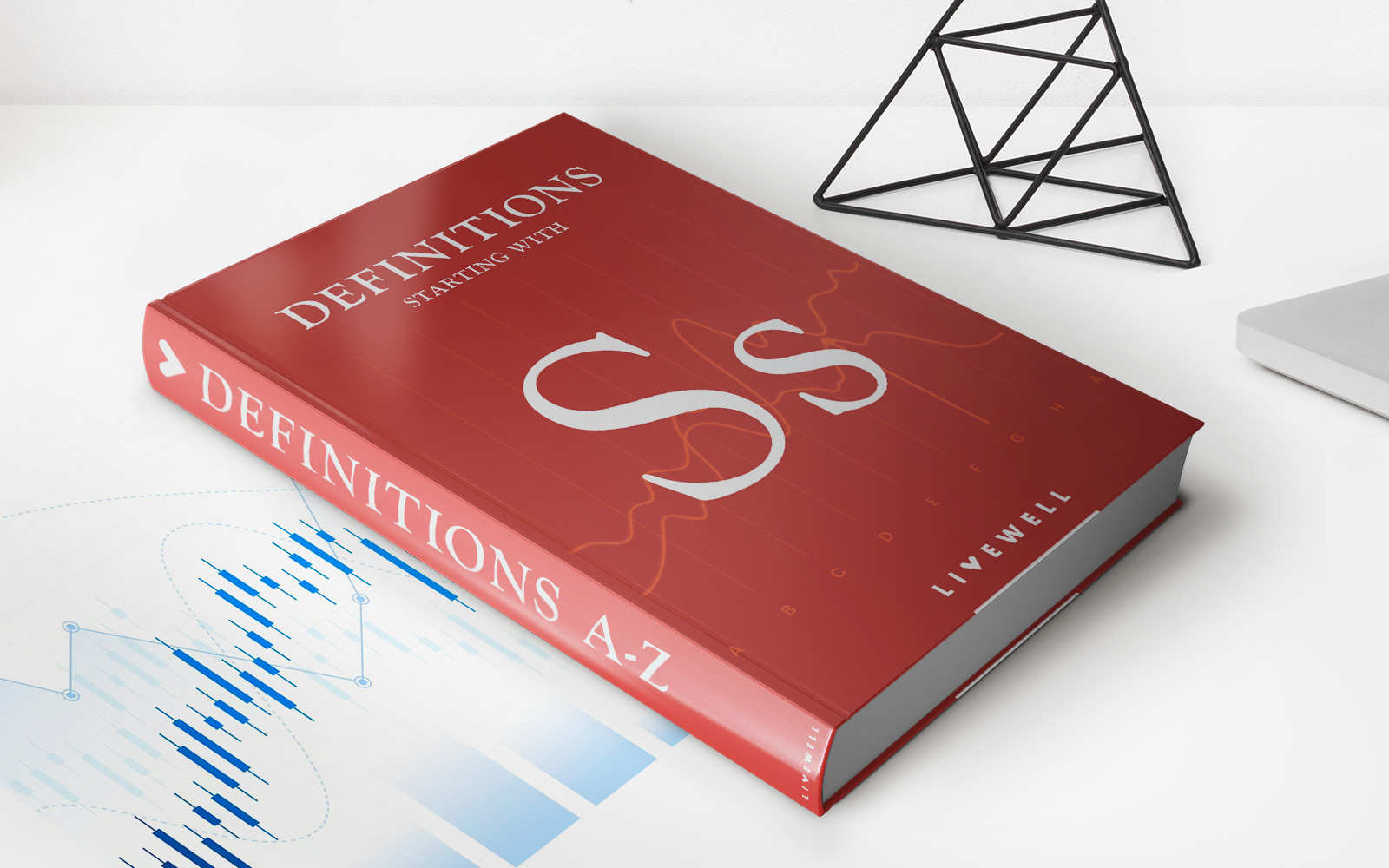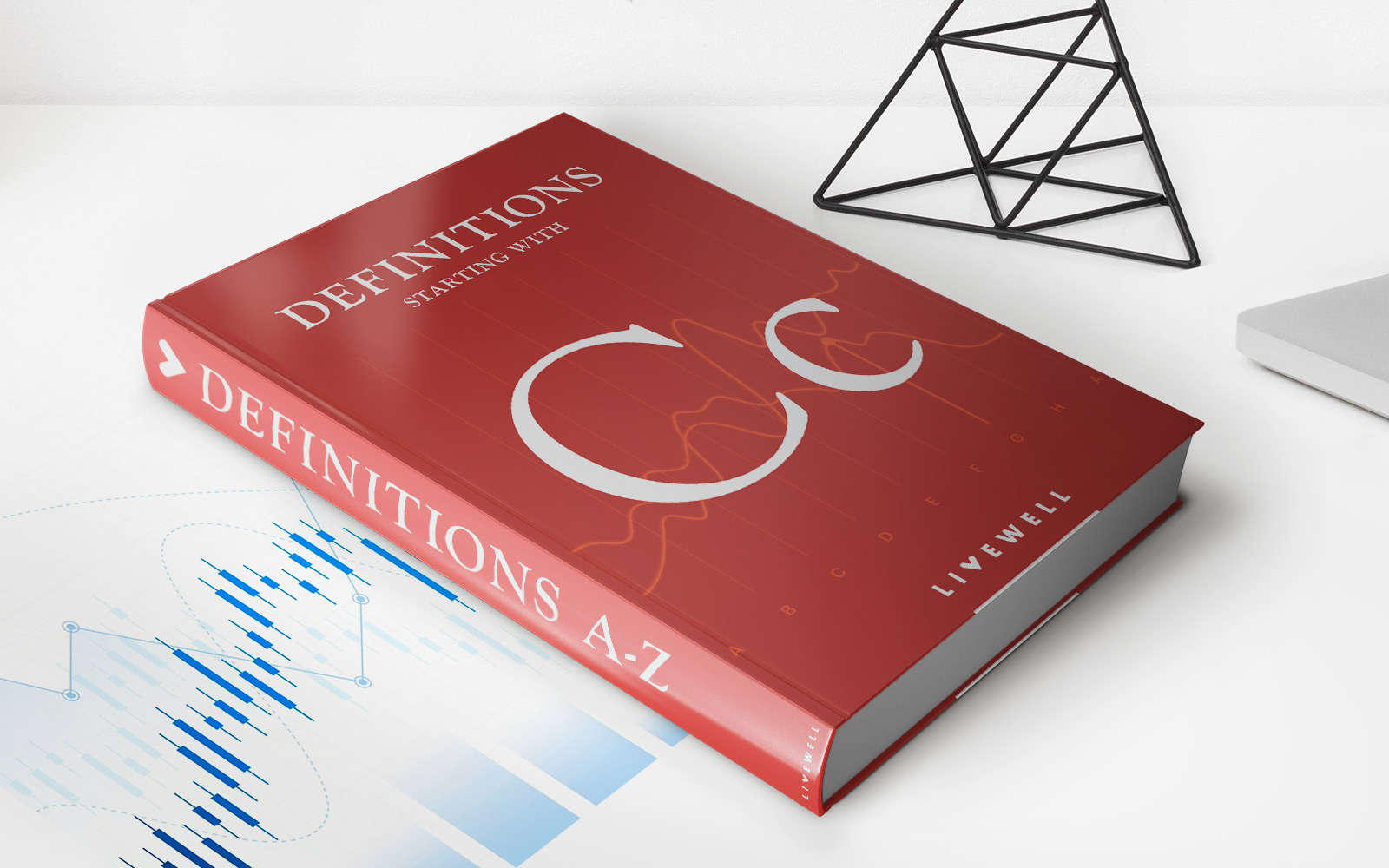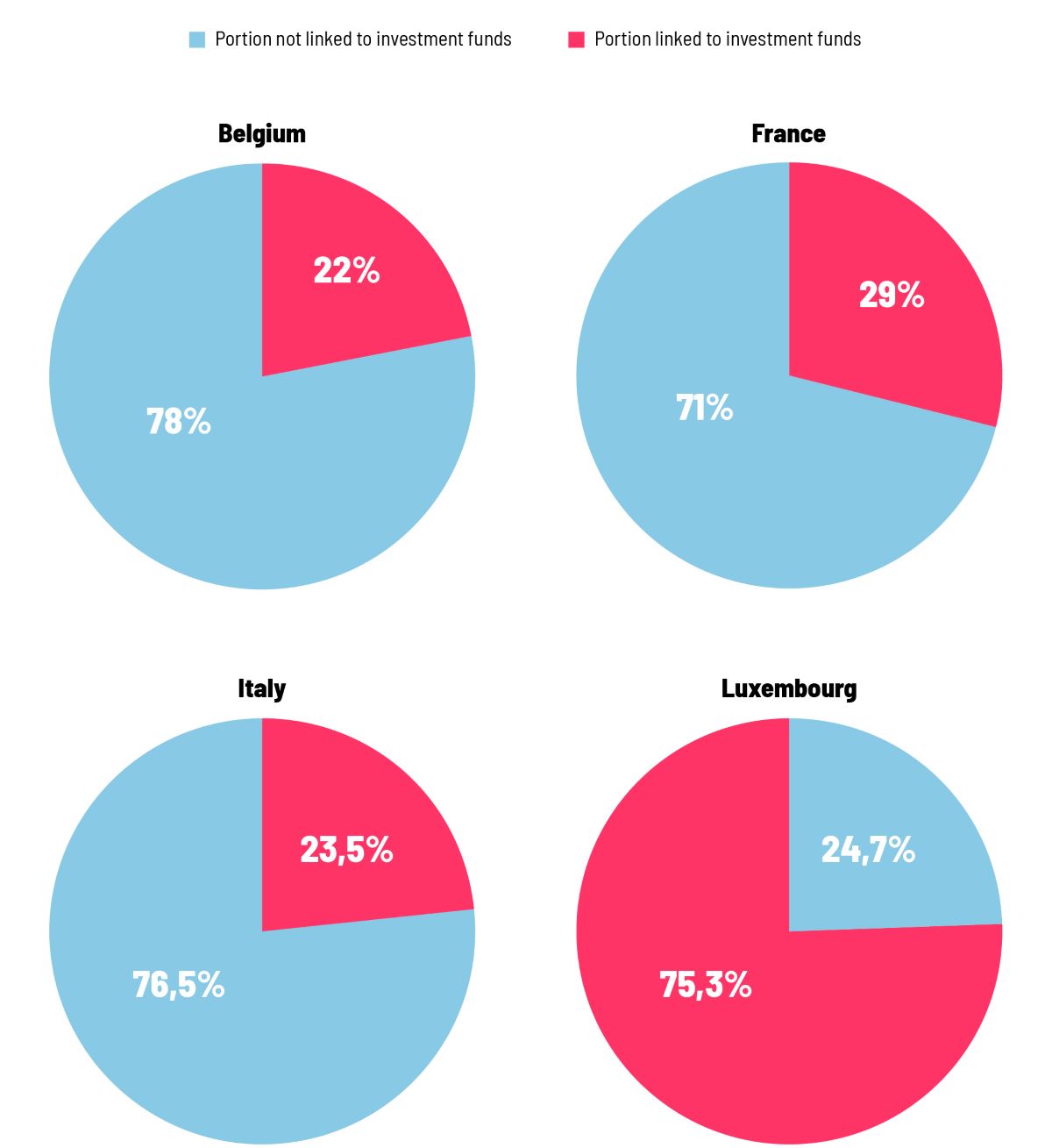Home>Finance>What Is A Visa Card? Definition, Uses, Statistics, And Types
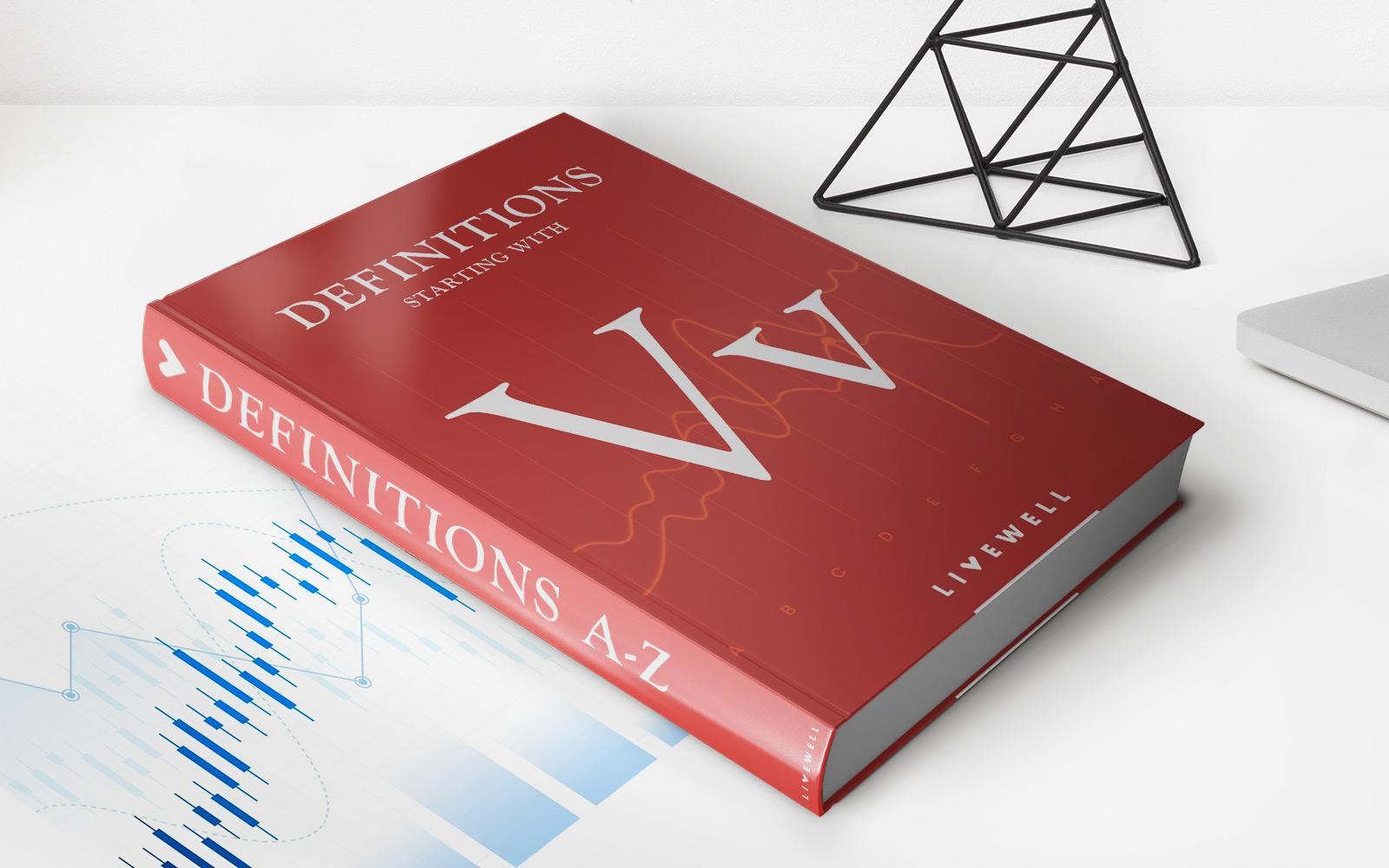

Finance
What Is A Visa Card? Definition, Uses, Statistics, And Types
Published: February 16, 2024
Discover what a Visa card is, its definition, uses, statistics, and various types in the world of finance. Enhance your knowledge and make informed financial decisions.
(Many of the links in this article redirect to a specific reviewed product. Your purchase of these products through affiliate links helps to generate commission for LiveWell, at no extra cost. Learn more)
Unlocking the World of Financial Possibilities: Exploring the Visa Card
Whether you’re a savvy spender or a responsible saver, understanding the tools that enable financial transactions is essential. One such tool that has become increasingly popular worldwide is the Visa card. In this article, we will provide a comprehensive guide to all things Visa, including its definition, uses, statistics, and types. By the end, you’ll have a clear understanding of why the Visa card has become a go-to option for individuals and businesses alike.
Key Takeaways:
- Visa cards are widely accepted globally, making them a convenient payment option for various purchases.
- Visa offers different types of cards catering to diverse needs, such as credit cards, debit cards, prepaid cards, and more.
Definition: What is a Visa Card?
A Visa card is a financial payment instrument issued by financial institutions and connected to the Visa payment network. It enables cardholders to make purchases, withdraw cash from ATMs, and perform other financial transactions. Accepted by millions of merchants and service providers worldwide, Visa cards have become a trusted tool for both everyday and large-scale transactions.
Uses of Visa Cards:
- Payment at Merchants: Visa cards can be used to pay for goods and services at physical stores, online shops, and even for mobile payments.
- ATM Withdrawals: Visa debit and prepaid cards enable users to withdraw cash at automated teller machines (ATMs) worldwide.
- International Transactions: With Visa cards, you can make purchases and transactions in different currencies, simplifying international travel and business.
- Online Shopping: Visa cards provide a secure and convenient way to make online purchases, protecting personal information and offering additional security measures like Verified by Visa.
Visa Card Statistics:
As one of the largest payment networks in the world, Visa boasts impressive statistics that highlight its popularity and global reach:
- Accepted in over 200 countries and territories.
- More than 3 billion Visa cards in circulation globally.
- Transactions processed by Visa exceed billions each year.
- Visa has a broad range of cardholders, including individuals, businesses, and government entities.
Types of Visa Cards:
Visa offers various card options to suit different financial needs and lifestyles:
- Credit Cards: Visa credit cards allow users to make purchases on credit, paying off the balances within a specified time period or in installments.
- Debit Cards: Visa debit cards are linked directly to the cardholder’s bank account, enabling them to make payments using their available funds.
- Prepaid Cards: These Visa cards are loaded with a specific amount in advance, allowing users to spend only the preloaded amount without the need for a bank account.
- Business Cards: Designed specifically for business owners, these cards help manage business expenses and offer features to support business-related transactions.
With its widespread acceptance, versatility, and secure payment solutions, it’s no wonder that the Visa card has become a household name in the financial world. Whether you’re making everyday purchases or managing your business expenses, a Visa card empowers you with the convenience and flexibility required in today’s fast-paced society.
So, next time you reach into your wallet and pull out your Visa card, remember the myriad possibilities it unlocks, connecting you to a world of financial opportunities.
Sources:
– Visa Corporate: https://usa.visa.com
